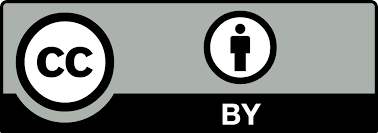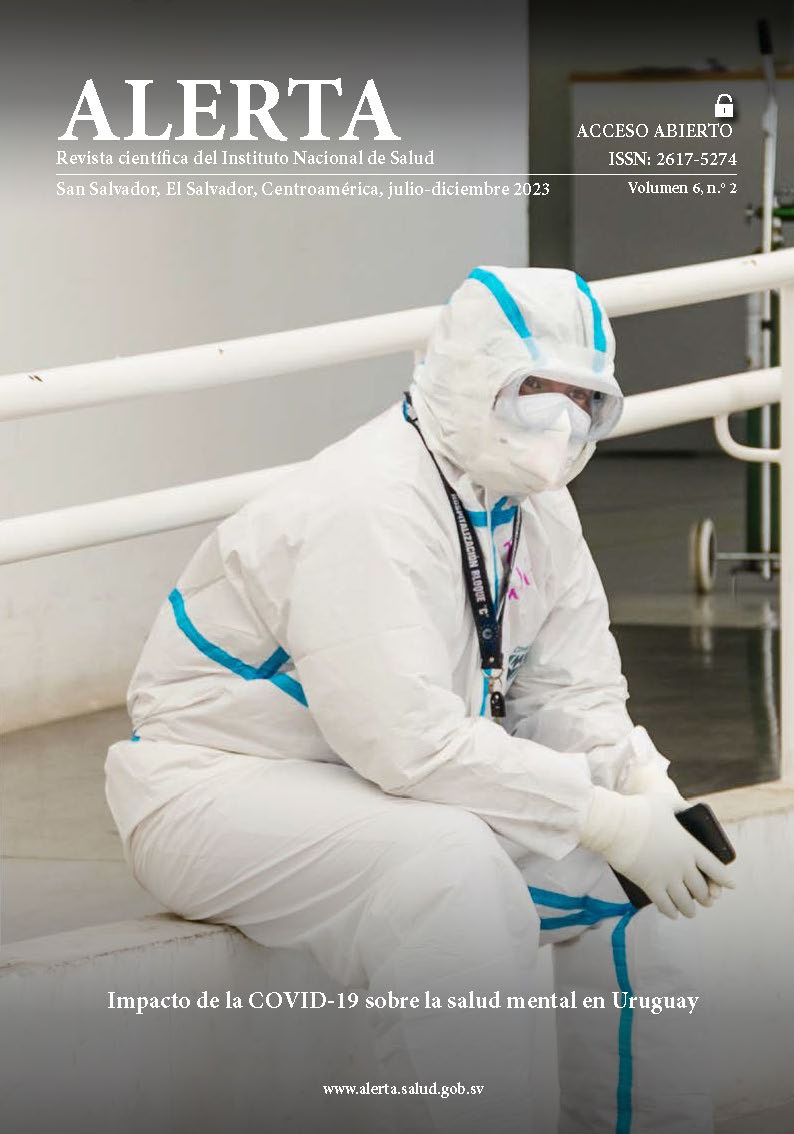Motives for tobacco, alcohol, and cannabis use in the confinement context due to COVID-19 pandemic
DOI:
https://doi.org/10.5377/alerta.v6i2.16219Keywords:
Motivation, recreational drug use, Youth, COVID-19Abstract
Introduction. Drugs produce significant negative consequences in societies. The prevalence of drug use continues to increase because various reasons lead people to use them. Objective. Identify differences in the frequency and amount of tobacco, alcohol, and cannabis use during and after COVID-19 pandemic confinement, the influence of confinement on motives, and risks for developing problematic use. Methodology. Analytical cross-sectional study with non-probabilistic sampling at two points in time. Five hundred and twenty young people participated: 246 high school and university students during the confinement in 2020, and 274 in 2022. Sociodemographic data, reasons for consumption, and problematic consumption were evaluated. Results. Cannabis use during confinement (41.1 %) was higher than postconfinement (29.6 %; p 0.006). There were differences between the groups of problematic tobacco use during confinement and the social (W 8.178, p 0.017) and coping (W 26.456, p < 0.001) motives; also, between the groups of problematic alcohol consumption and social motives (W 6865.5, p < 0.001); encouragement (W 6768.0, p < 0.001); coping (W 6176.0, p = 0.002) and expansion (W 6774.0, p < 0.001). Among the motives for problematic cannabis use, social (W 6.404, p 0.041); animation (W 9.409, p 0.009); coping (W 9.265, p 0.010), and expansion (W 27.692, p < 0.001) were highlighted. Conclusion. Confinement increased the risk of tobacco and cannabis use. Motives for use also increased, except those associated with alcohol use in university students. Problem tobacco use was motivated by social and coping needs; alcohol and cannabis use was motivated by social, entertainment, coping and expansion needs.
Downloads
670
PDF (English) 162
Published
How to Cite
Issue
Section
License
Copyright (c) 2023 Cristina Sánchez, Arnau Carmona, Xavier Carbonell

This work is licensed under a Creative Commons Attribution 4.0 International License.
Privacy statement:
Alerta articles are published under license Creative Commons 4.0 CC BY: https://creativecommons.org/licenses/by/4.0/
Authorship rights
Revista Alerta gives the authors exclusive control of their work and the right to be acknowledged and cited.





